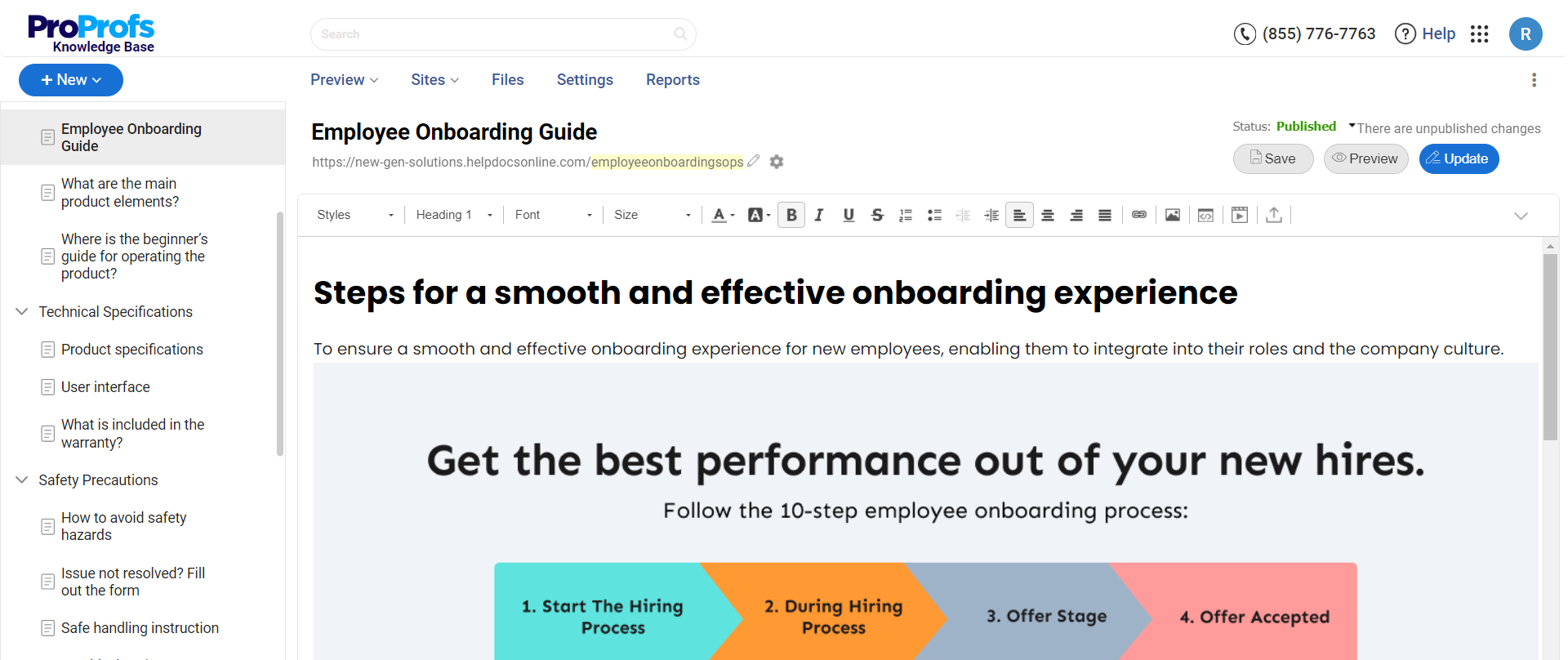How to Guide: Why It's Crucial to Utilize Thorough Instructions for Ideal Results
How to Guide: Why It's Crucial to Utilize Thorough Instructions for Ideal Results
Blog Article
Just How to Develop a Thorough Budgeting Strategy to Attain Financial Stability and Control Over Your Costs
Developing a detailed budgeting plan is vital for accomplishing monetary stability and keeping control over expenses. It starts with a careful assessment of your present economic landscape, which consists of reviewing earnings and expenses. Understanding the nuances of this procedure can considerably influence your financial trajectory and lifestyle choices.
Assess Your Present Financial Circumstance
To effectively create a budgeting plan, it is vital to completely evaluate your existing monetary situation. It is vital to determine your total regular monthly income precisely, as this figure will certainly guide your budgeting choices.
Next, review your costs by classifying them into fixed and variable prices. Fixed costs, such as rent or home loan repayments, insurance, and energies, continue to be continuous every month. In contrast, variable expenditures, like groceries, entertainment, and optional spending, can vary. Maintaining a comprehensive document of your spending practices over a few months can provide understanding right into locations where you may be overspending.
In addition, consider any kind of exceptional financial debts, consisting of charge card balances, trainee loans, and personal lendings. Recognizing your obligations is crucial for creating a strategy to manage and lower them properly. By performing a thorough assessment of your financial scenario, you can develop a strong groundwork for your budgeting strategy, inevitably resulting in enhanced economic stability and control over your expenditures.
Establish Clear Financial Goals
Frequently setting clear economic goals is vital for reliable budgeting and long-lasting monetary success. Defining specific, quantifiable, achievable, appropriate, and time-bound (WISE) goals permits people to create a roadmap for their economic trip. These goals can encompass different aspects of individual financing, including saving for retirement, acquiring a home, or settling debt.
To begin, evaluate your priorities and recognize temporary, medium-term, and long-term objectives. Temporary goals may consist of developing a reserve or conserving for a vacation, while medium-term objectives might involve conserving for an auto or funding a child's education and learning (How to guide). Long-lasting objectives usually concentrate on retirement cost savings or wealth accumulation
Following, evaluate your objectives to offer clarity. As an example, as opposed to intending to "save more cash," define "save $10,000 for a deposit by December 2025." This level of specificity not just enhances inspiration however also promotes dimension of development.
Last but not least, on a regular basis review and change your economic goals as circumstances alter. Life occasions such as job modifications, family growth, or unforeseen expenditures can impact your monetary scenario, making it necessary to continue to be responsive and adaptable to achieve continual monetary stability.
Develop Your Budget Plan Structure
Establishing a spending plan structure is a basic action in bringing your monetary objectives to fruition. A well-structured spending plan framework offers as a blueprint for handling your income, costs, and cost savings, enabling you to straighten your costs with your monetary aspirations.
Begin top article by classifying your costs into essential and optional classifications. Essential costs include requirements such as real estate, energies, grocery stores, and transportation, while optional expenditures include amusement, eating out, and luxury things. This classification assists you prioritize your spending and identify areas where adjustments can be made.
Following, establish your income sources and compute your total month-to-month earnings. This must include earnings, side jobs, and any type of easy income. With a clear image of your income, you can allocate funds per cost classification more effectively.
Include financial savings right into your budget framework by reserving a particular portion of your income. This will certainly help you build an emergency situation fund and contribute to long-lasting financial goals. A solid spending plan framework not just supplies clearness on your economic situation but also empowers you to make informed decisions that promote economic security and control over your expenditures.
Monitor and Readjust Routinely
Monitoring and changing your budget is critical for preserving financial health and ensuring that your costs straightens with your developing objectives. Regularly examining your budget enables you to recognize inconsistencies in between your planned expenditures and actual investing. This practice assists you stay conscious and accountable of your financial scenario.
Begin by setting a constant routine for budget plan testimonials, whether it be weekly, month-to-month, or quarterly. This evaluation can disclose patterns that necessitate adjustments in your budgeting approach.
In addition, life adjustments-- such as job shifts, relocating, or household development-- can affect your monetary landscape. Be prepared to change your budget plan to show these adjustments, guaranteeing it continues to be reliable and pertinent. Keep in mind, a budget plan is a living file that ought to evolve with your economic scenarios. By actively keeping track of and adjusting your budget, you can preserve control over your expenditures and work in visit site the direction of achieving your economic security goals.
Utilize Devices and Resources
A vast array of tools and resources can significantly improve your budgeting process, making it easier to track costs and stay on target. Financial administration software application, such as Mint, YNAB (You Required a Spending Plan), or EveryDollar, gives easy to use interfaces for keeping track of revenue and expenditures in real-time. These systems commonly feature automated tracking of deals, classification of spending, and graphical depictions of your economic situation, assisting in educated decision-making.
Along with software, mobile applications can use convenience and ease of access for budgeting on-the-go. Lots of applications permit the syncing of checking account, making certain accurate data while supplying alerts for upcoming costs or budgetary restrictions.
Additionally, spreadsheets, such as Microsoft Excel or Google Sheets, can be personalized to produce a personalized budgeting system. These tools allow users to by hand input information, assess trends, and project future expenses based on historical spending patterns.
Lastly, take into consideration leveraging instructional resources such as budgeting workshops, online programs, or financial blog sites. These resources can deepen your understanding of reliable budgeting approaches and aid you original site make notified options that align with your financial objectives. Using these devices and resources is essential in attaining economic security and control over your expenses.
Conclusion

By performing a complete assessment of your economic circumstance, you can establish a solid foundation for your budgeting plan, inevitably leading to boosted economic security and control over your expenditures.

By assessing the present financial situation, setting clear financial objectives, and creating a structured budget framework, individuals can effectively assign resources. Utilizing financial management devices further enhances the budgeting procedure, ultimately leading to improved financial control and stability.
Report this page